Essential Maintenance Tips From Car Brake Shops
If you own a car, it's important to know how to take care of it and keep yourself safe on the road. So, it's wise to follow maintenance tips from experts like those at brake shops. Read some advice from these car brake shop professionals below.
1. Check Brakes Regularly
Drivers should check the brakes at least once a month. Do more inspections if you use your car frequently or drive in stop-and-go traffic. To check your brakes, first look at the condition of the brake pads. If they're less than a quarter-inch thick, it's time to replace them. Also, check the condition of the brake rotors. Have them replaced if they appear warped or damaged.
2. Inspect Tire Tread Depth Regularly
Tire tread refers to the raised portion of the tire that comes into contact with the road. It's important to maintain a proper tire tread depth because it helps improve traction, handling, and braking. To check the tire tread depth, insert a penny into the tread with Lincoln's head pointing down. If you can see Abraham Lincoln's head, then the tread is too shallow and you need new tires.
3. Rotate Tires Regularly
Tire rotation ensures that all four tires wear evenly, which helps them last longer. You should rotate your tires every 5,000 to 7,500 miles. If your tires have uneven tread, your brakes will have to work harder, leading to premature brake wear.
4. Inspect the Suspension System Regularly
The suspension system is what keeps your car's body from bouncing too much when you're driving on a bumpy road. Over time, the suspension system can become worn out and create a bumpy ride, poor handling, and uneven tire wear.
Look for signs of wear and tear, such as cracks or leaks in the shocks or struts. You should also look for any loose or missing bolts. If you notice any problems, have your suspension system inspected by a qualified mechanic.
5. Get Regular Oil Changes
Oil helps keep the engine clean and lubricated. Over time, oil breaks down and becomes less effective. How often you need to change your oil depends on the type of car you have, but it's typically recommended to do so every 3,000 to 5,000 miles.
6. Check Lights Regularly
Your car lights are vital for safety because they help you see and be seen at night. To check the condition of your lights, turn them on and walk around your car to look for any bulbs that are burned out. You should also ask someone to help you check the brake light, turn signal, and reverse light to make sure they're working properly.
7. Clean Your Car
Car washing is not just to keep the car clean. Cleanliness also protects the paint and prevents rust. How often you need to wash your car depends on where you live and how often you drive, but experts will recommend that people wash their car at least bi-weekly. Internally cleaning the car is just as important as washing the outside. Vacuum the carpets and upholstery to remove dirt, dust, and other debris. If you're not careful, debris can build up around brake pad slots and cause the pads to wear prematurely.
8. Change the Brake Fluid
The brake fluid is what helps transfer the force from your foot on the pedal to the brakes themselves. Over time, the brake fluid can become contaminated with moisture, which can lead to corrosion and other problems.
According to Cars.com, drivers should take their cars in for both moisture content and brake fluid inspection every two years. If you live in a high-humidity zone, don't go more than five years without such an inspection. Brake fluid can absorb moisture from the air, which can lead to corrosion and other problems.
9. Don't Ignore Warning Lights
If any warning lights come on, don't ignore them. They're there for a reason, and ignoring them can lead to more serious problems like accidents. Warning lights may tell you there's a problem with the engine, brakes, or another system in your car. Your brakes may feel fine, but a warning light may indicate that the brake pads are wearing thin and need to be replaced.
Car maintenance is important to keep your car running smoothly and safely. By following these tips from brake shops, you can help extend the life of your car and avoid costly repairs down the road. Get in touch with us at Tires Plus for the professional maintenance service you need.
CHAMPAIGN LOCATION
HOURS
DANVILLE LOCATION
505 N Gilbert St
Danville, IL 61832
(217) 443-2320
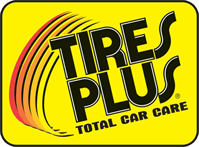
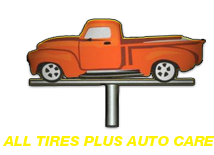
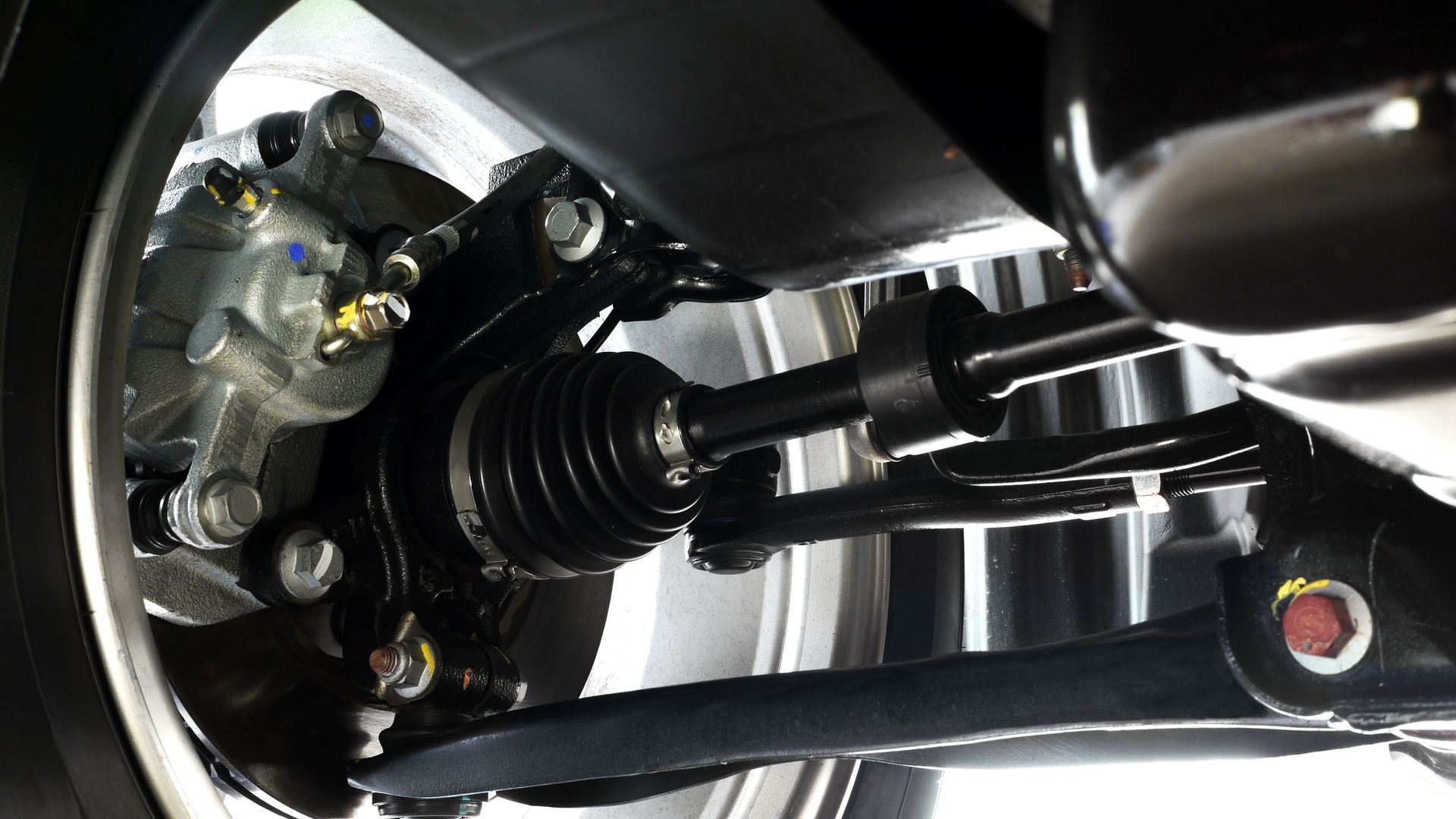
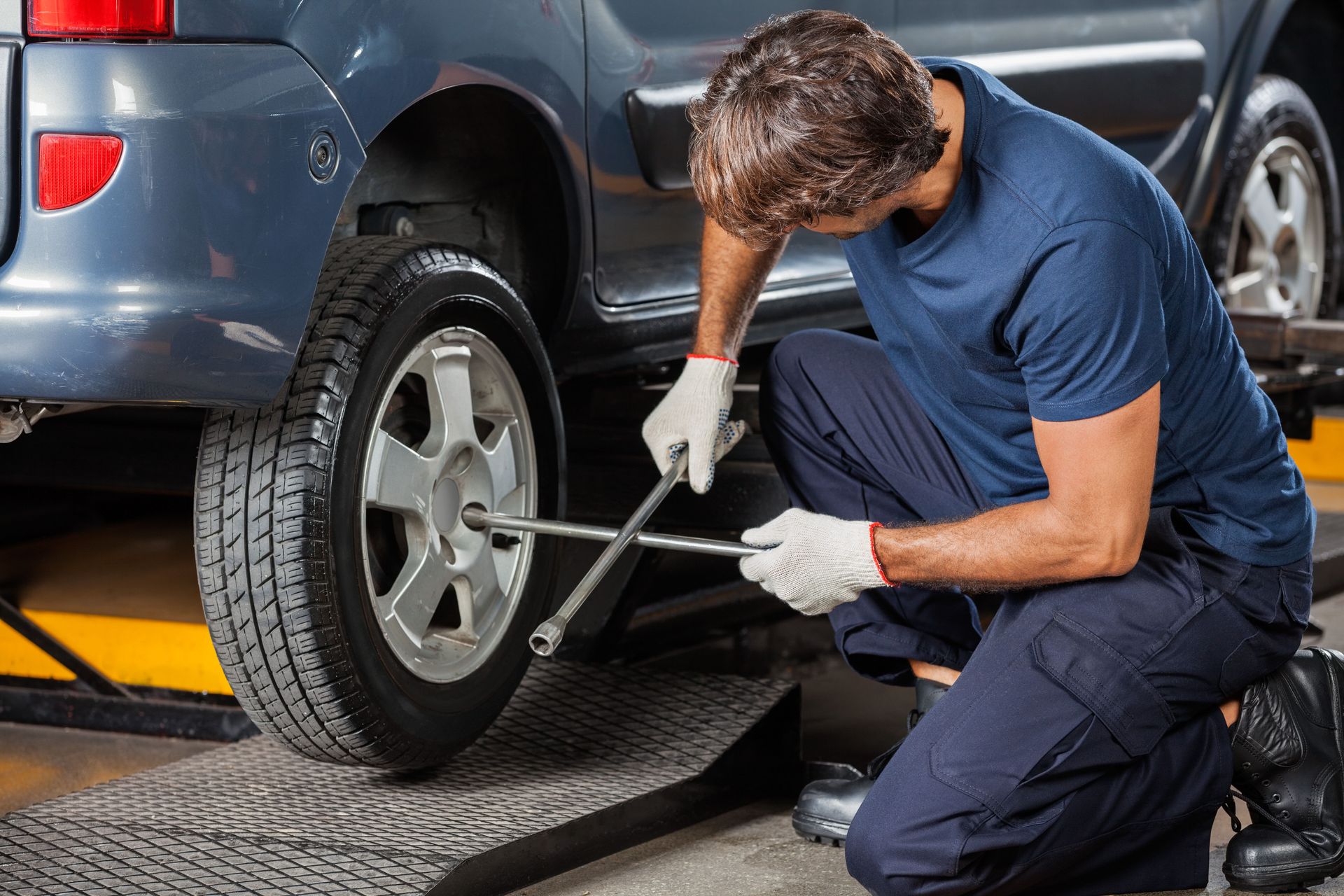
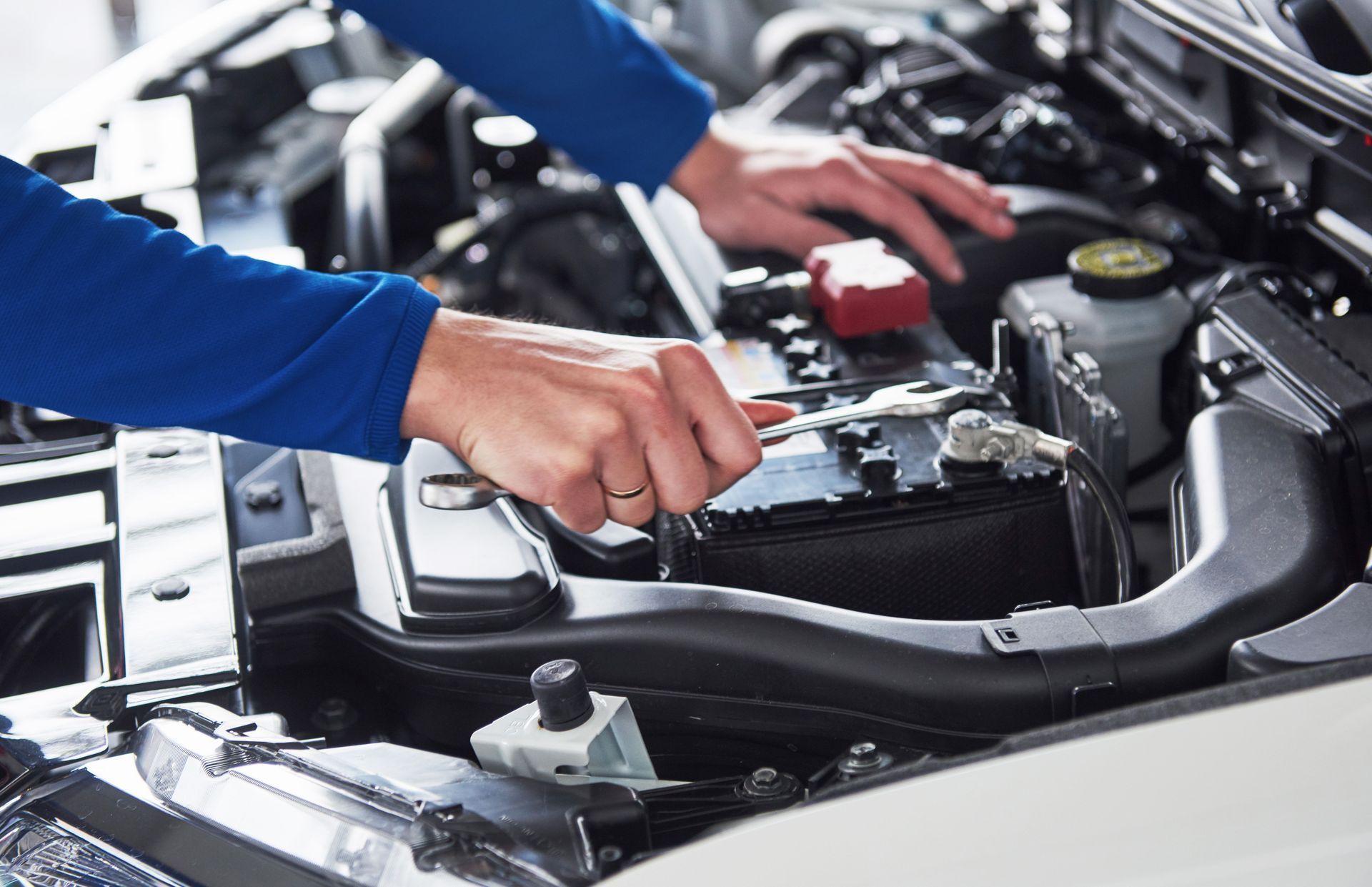
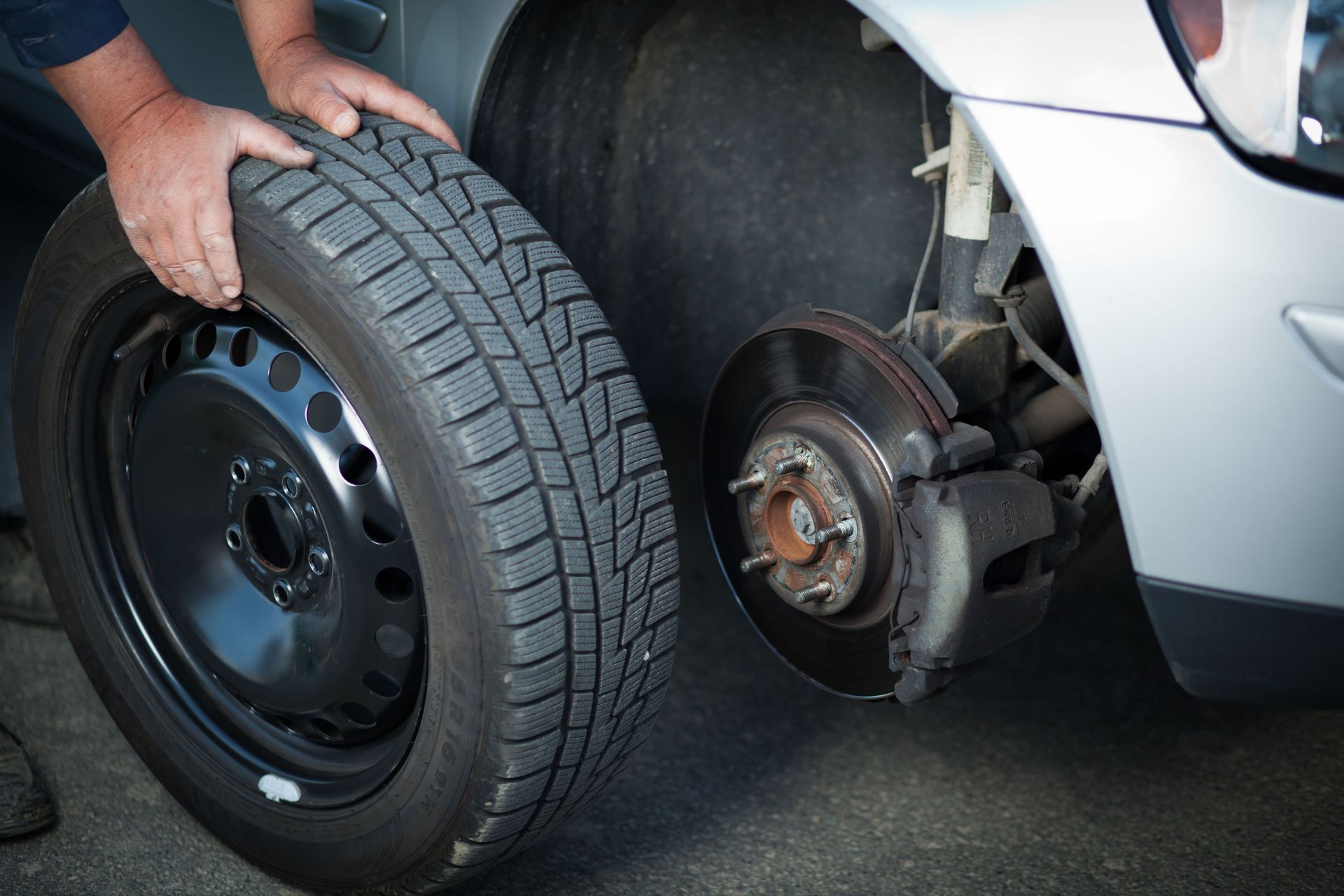

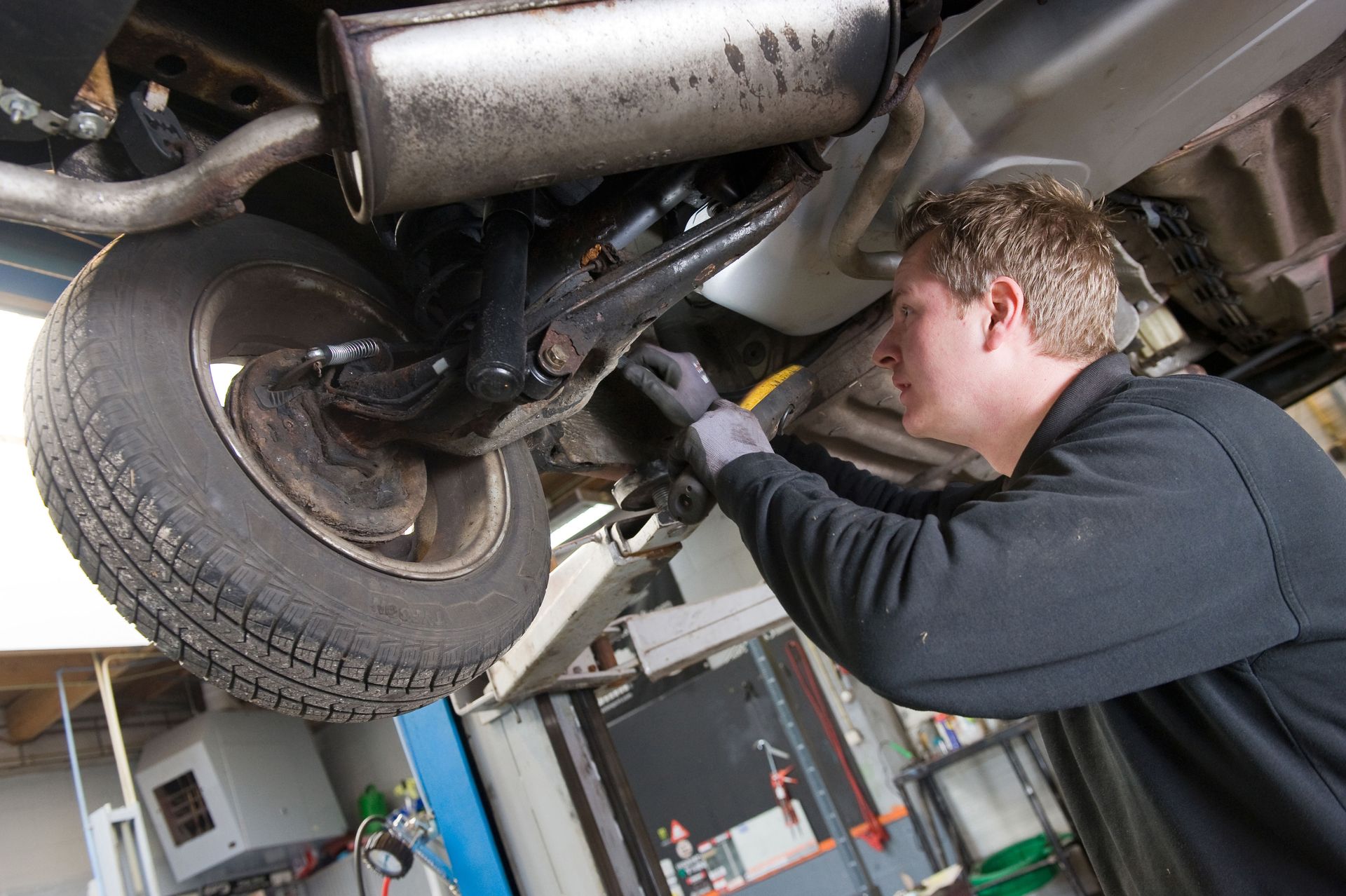
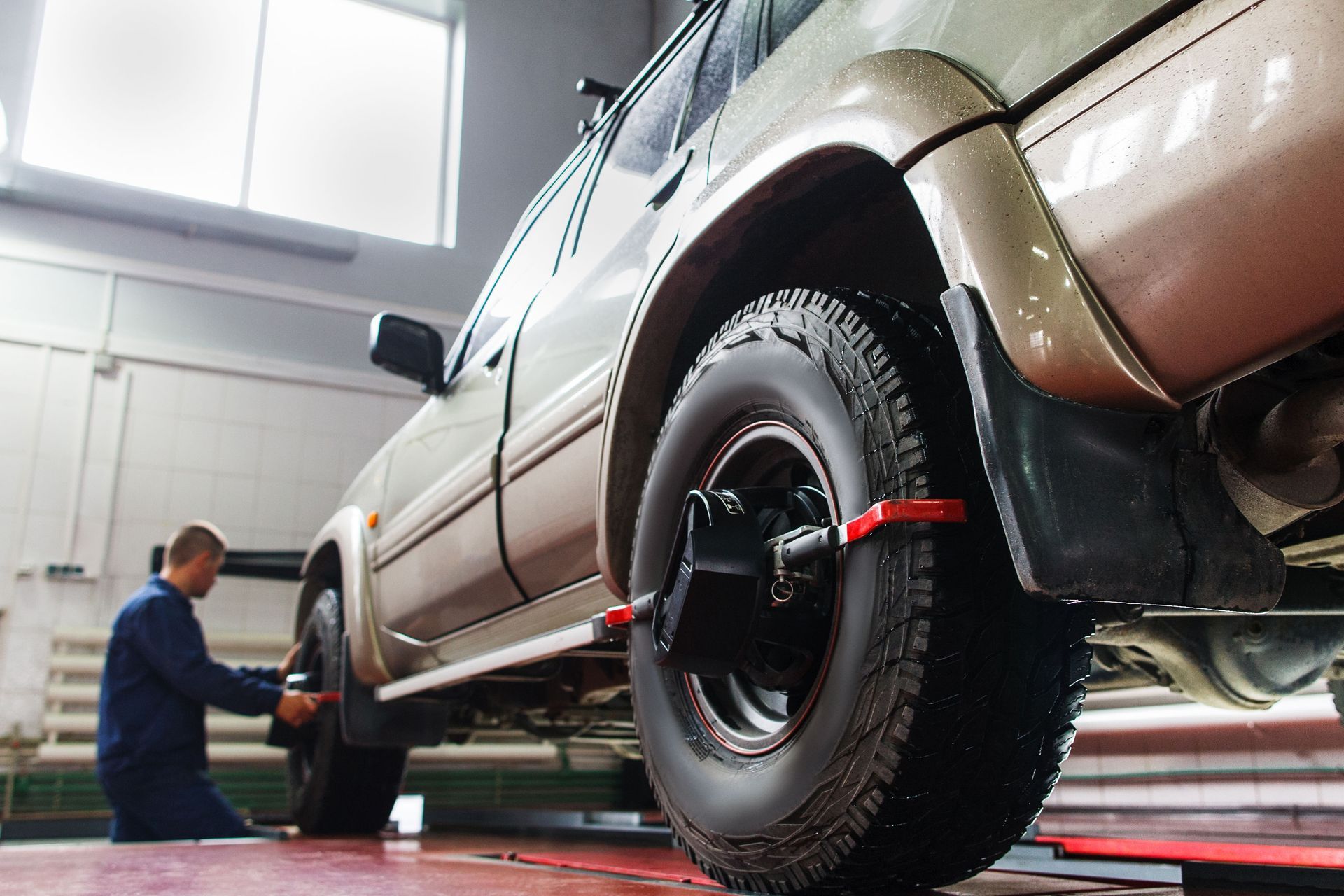
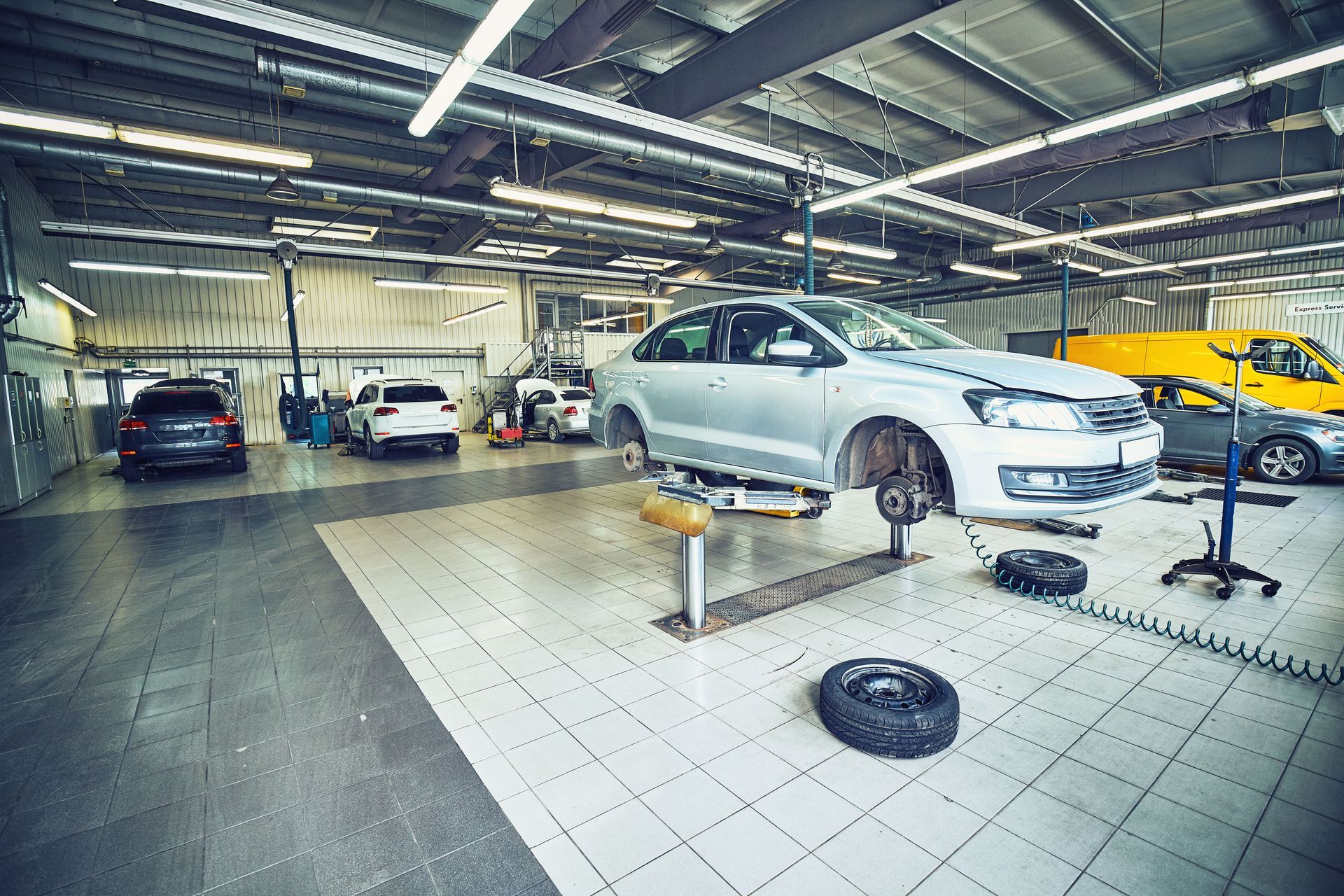
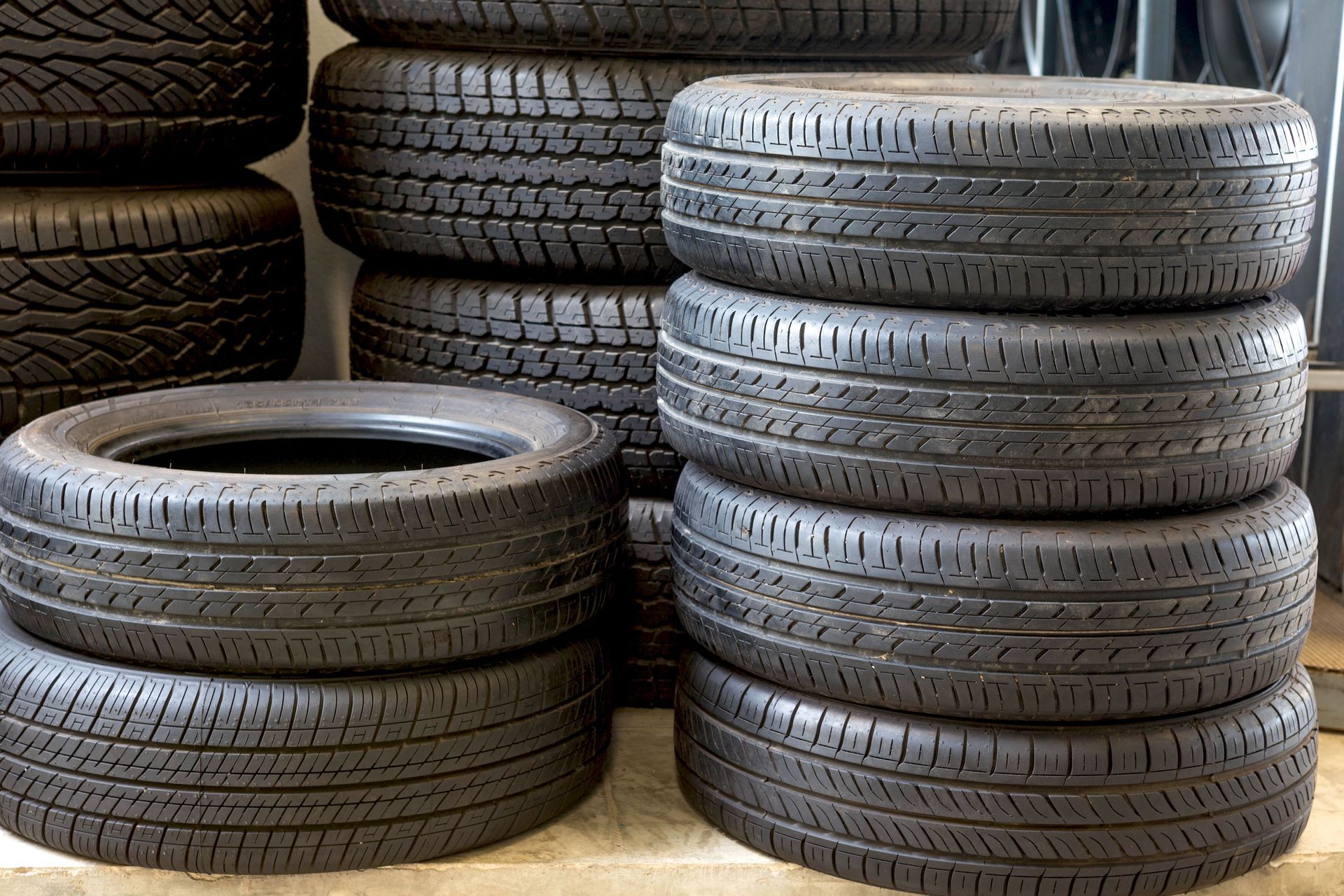
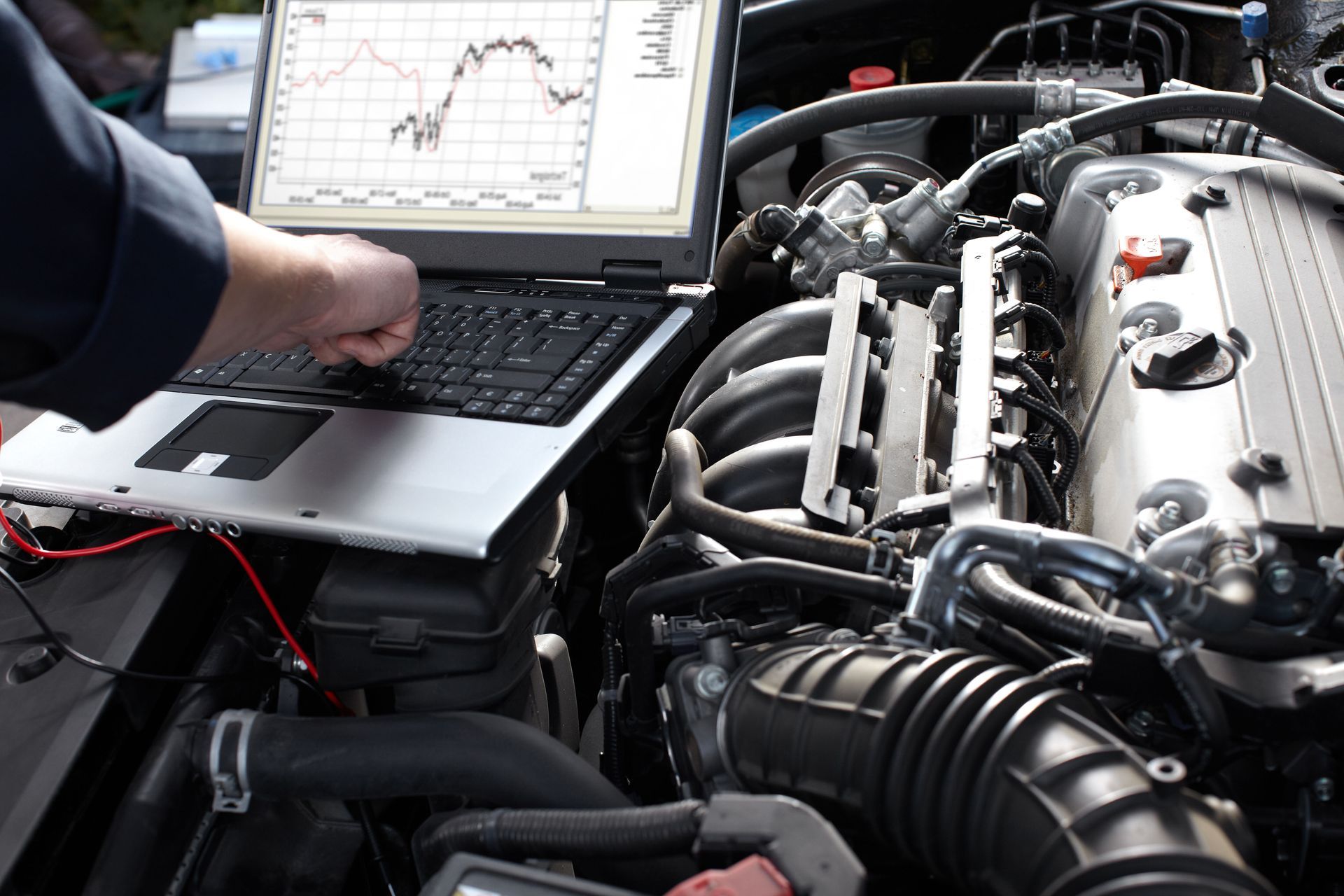
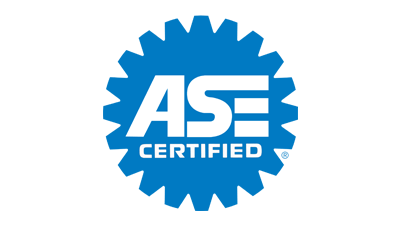
Share On: